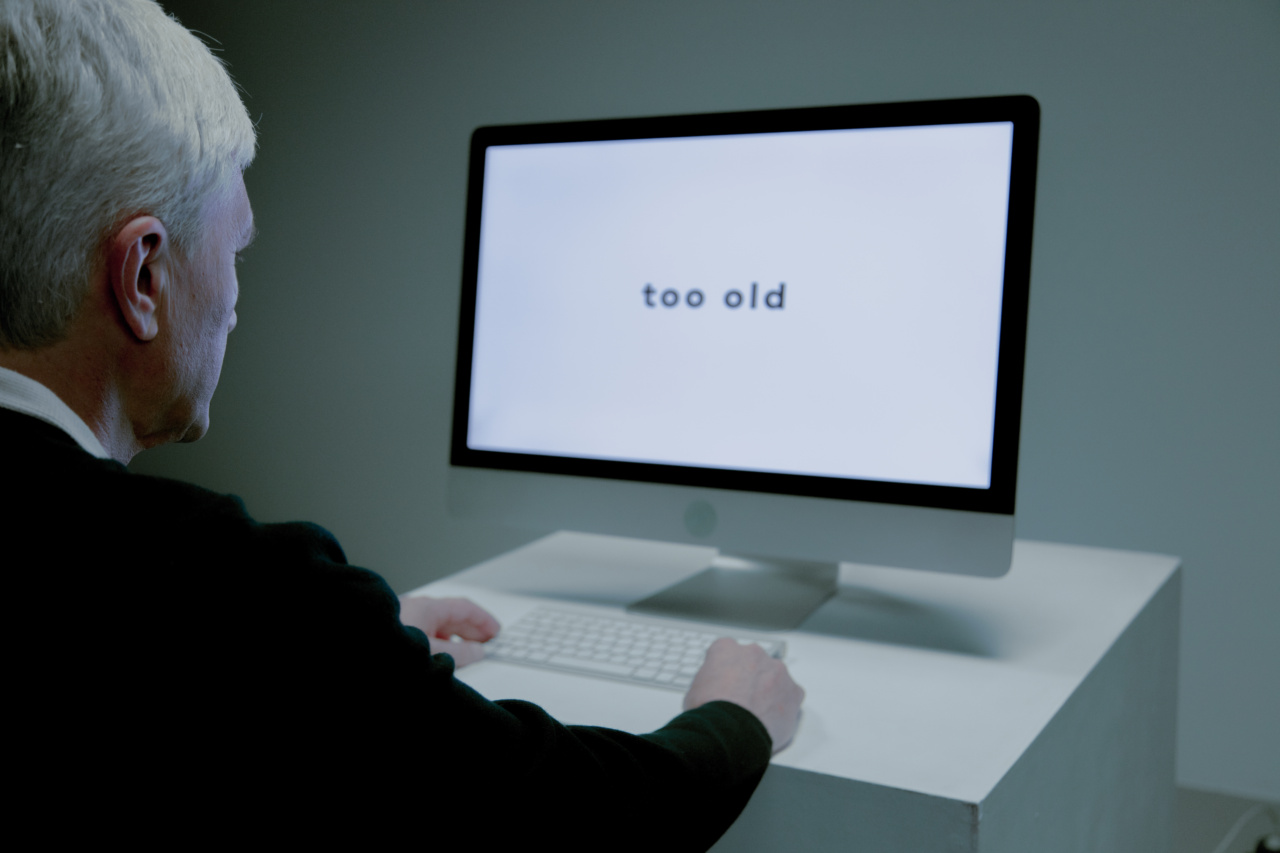As the global population continues to age, the need for caregivers has become increasingly crucial. Caregivers play a vital role in supporting and assisting seniors in their daily lives, ensuring their well-being and overall quality of life.
However, despite their significant contributions, caregivers themselves often face age-related discrimination, a phenomenon known as caregiver ageism. This article delves into the topic of caregiver ageism, exploring its causes, impact, and potential solutions.
The Impact of Caregiver Ageism
Caregiver ageism is the prejudice and discriminatory behavior experienced by individuals who provide care to older adults. While ageism in general is a pervasive issue, caregiver ageism is a particularly concerning problem.
This prejudice can manifest in various ways, ranging from subtle biases to blatant discrimination.
1. Financial Barriers – Caregivers may face challenges in securing adequate compensation for their services. Some employers tend to exploit the caregiver’s age by offering lower wages or denying benefits.
This not only affects the caregiver’s livelihood but also devalues their vital role in supporting older adults.
2. Limited Job Opportunities – Ageism often prevents caregivers from accessing professional growth opportunities.
Many employers prefer younger caregivers, based on the notion that they are more physically capable or have better technological skills. This bias limits the career progression of older caregivers and perpetuates age-based stereotypes.
The Causes of Caregiver Ageism
1. Cultural Ageism – Ageism is deeply ingrained in many cultures, perpetuating biased attitudes towards older adults. This cultural ageism extends to caregivers, as they are often perceived as being less capable solely based on their age.
Stereotypes associating aging with physical and mental decline contribute to this discriminatory mindset.
2. Lack of Awareness – Many people are unaware of the scope and significance of caregiver ageism. Consequently, they may unintentionally contribute to discriminatory practices without considering their impact on caregivers.
Raising awareness about this issue is crucial in challenging and dismantling ageist beliefs and behaviors.
The Role of Caregivers in Society
Caregivers fulfill a vital role in society, providing essential support and care to older adults. They are instrumental in enabling seniors to lead fulfilling lives and maintain their independence.
Caregivers assist with daily activities, provide emotional support, manage medical needs, and ensure the overall well-being of their clients.
Challenges Faced by Caregivers
The work of caregivers comes with its own set of challenges.
1. Physical Demands – Caregiving often involves tasks that require physical strength and stamina.
Lifting and transferring seniors, assisting with personal care, and performing household chores can take a toll on the caregiver’s body, regardless of their age.
2. Emotional Strain – Caring for older adults who may be dealing with chronic illnesses, memory loss, or other age-related issues can be emotionally challenging.
Witnessing the gradual decline of their clients’ health or the loss of their independence can take a toll on caregivers’ mental well-being.
Addressing Caregiver Ageism
1. Education and Awareness – Initiating educational campaigns to combat caregiver ageism is essential.
This includes raising awareness about the value caregivers bring, dispelling ageist stereotypes, and promoting a more inclusive perception of aging and caregiving.
2. Legislation and Policies – Governments should implement policies that protect caregivers from age-based discrimination.
By enacting laws against caregiver ageism and enforcing fair employment practices, societies can work toward eradicating discriminatory practices.
3. Empowering Caregivers – Investing in training and skill development for caregivers of all ages is crucial. This ensures that caregivers are equipped with the necessary knowledge and tools to provide excellent care.
Empowerment programs can help caregivers combat ageism and enhance their confidence in their capabilities.
The Importance of Diverse Caregivers
Encouraging diversity within the caregiving profession is vital.
1. Varied Perspectives – Having a diverse caregiver workforce helps cater to the diverse needs of older adults.
Different cultural backgrounds, experiences, and languages can foster improved communication and provide a more inclusive caregiving experience.
2. Breaking Stereotypes – Diverse caregivers challenge ageism by defying stereotypes associated with aging.
When older caregivers are given opportunities, it challenges preconceived notions about their capabilities and showcases the value they bring to the profession.
Conclusion
Caregiver ageism is a widespread issue that impedes the well-being of both caregivers and the older adults they assist.
By recognizing the impact and causes of caregiver ageism, organizations, policymakers, and society as a whole can work toward creating a more inclusive environment for caregivers of all ages. Acknowledging the crucial role caregivers play in supporting older adults and addressing ageist practices will ensure a more equitable and respectful future for both caregivers and seniors alike.































